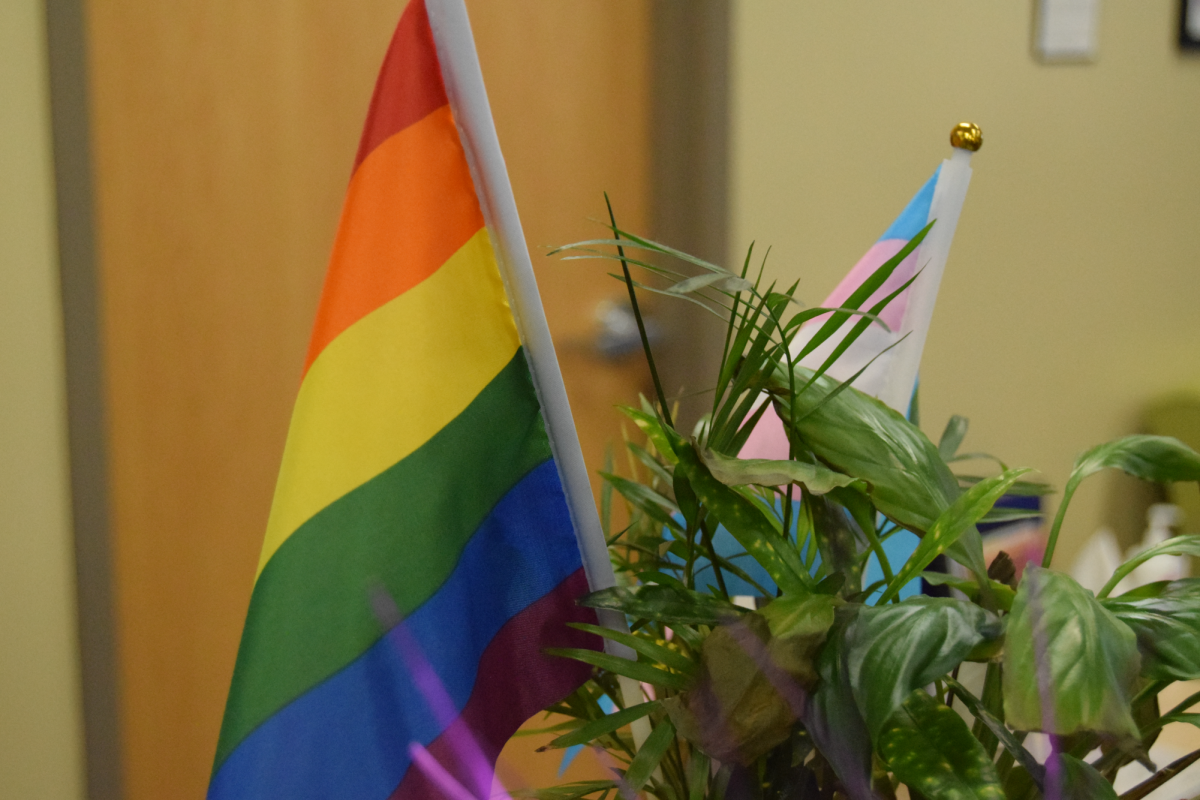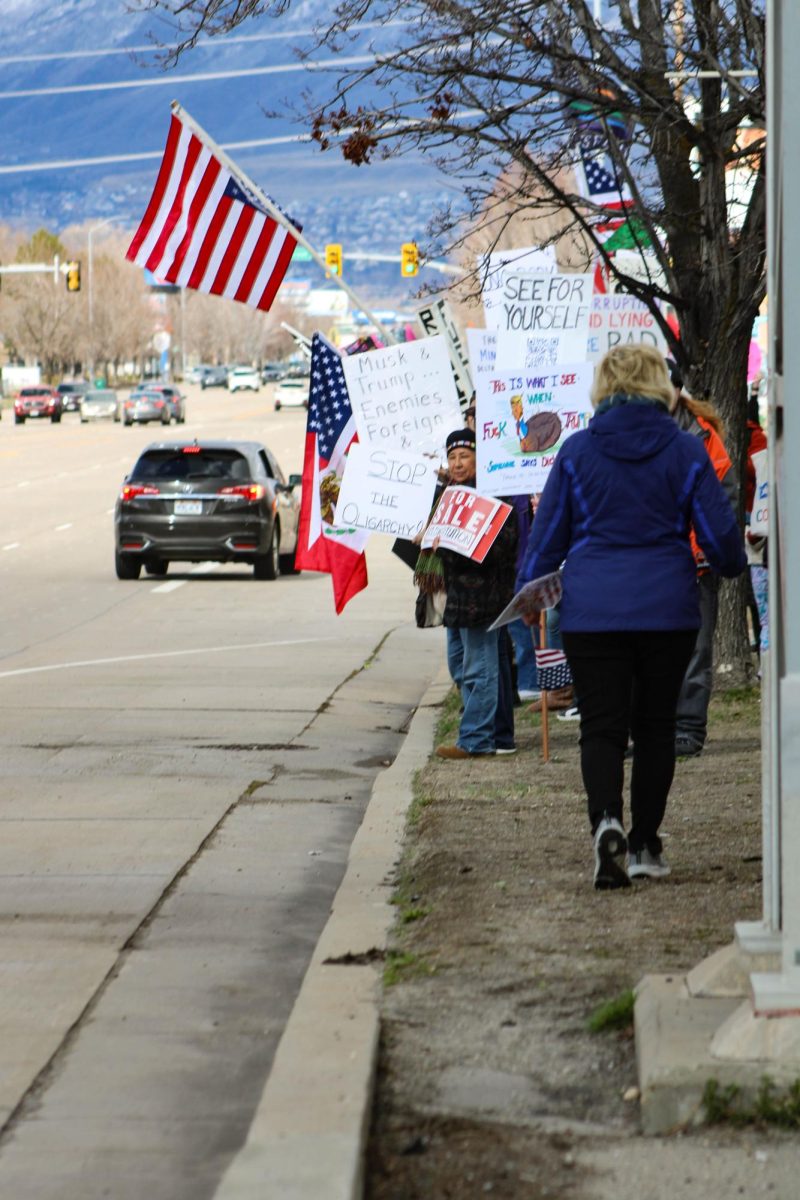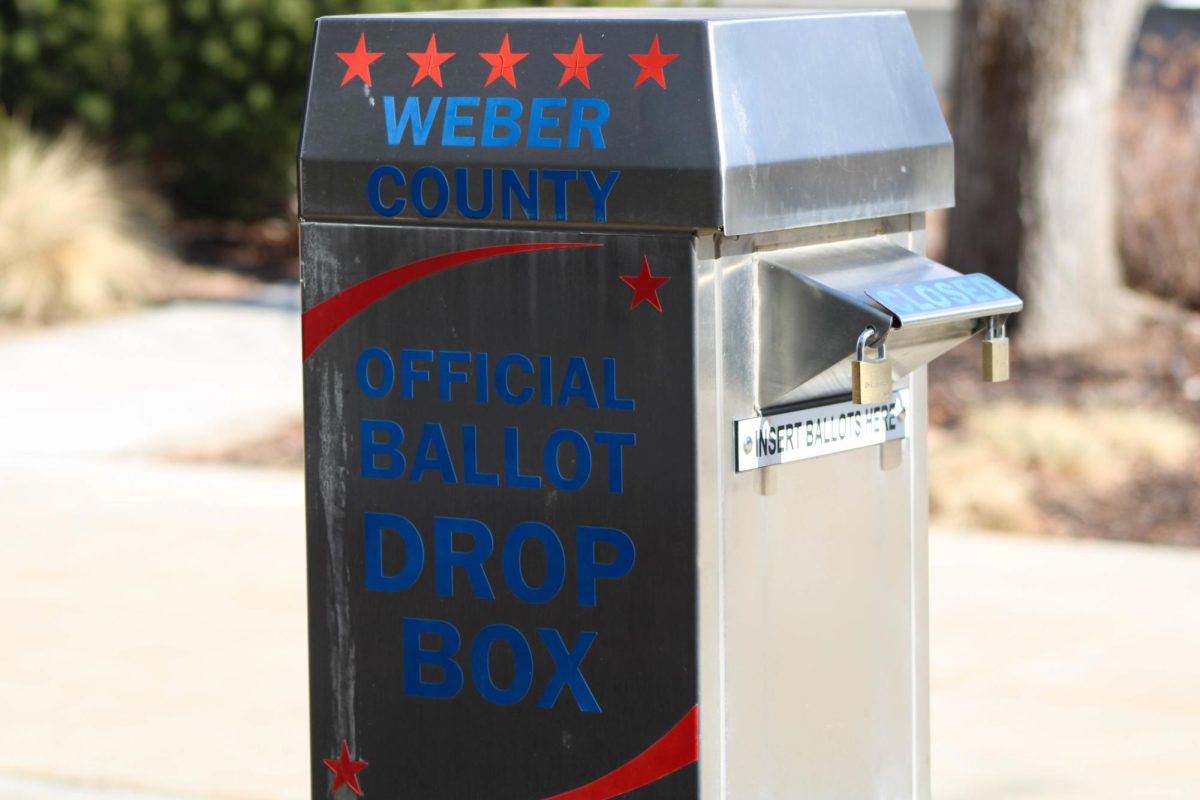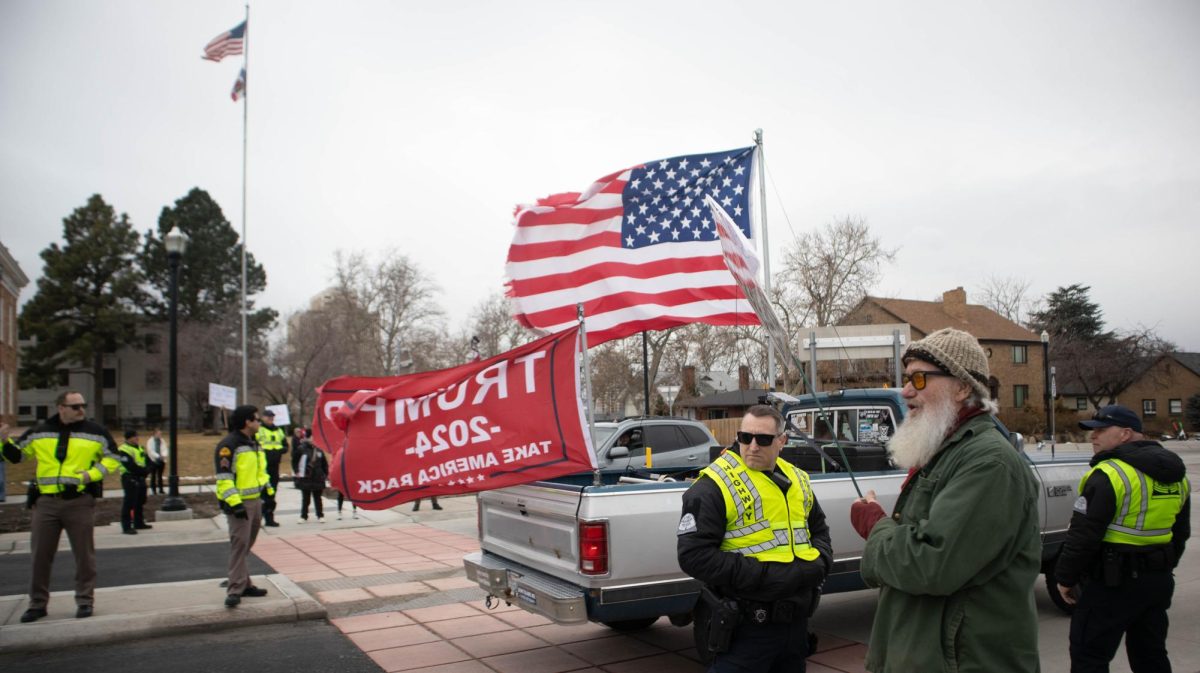
Six New England Patriots players have decided not to join their team in their visit to the White House. Traditionally, Super Bowl winners visit the White House and meet the president, and the Patriots were invited after their victory over the Falcons.
Protesting players include tight end Martellus Bennett, running back LeGarrette Blount, linebacker Dont’a Hightower, defensive end Chris Long, defensive tackle Alan Branch, and defensive back Devin McCourty.
“I don’t feel accepted in the White House,” wrote McCourty in a text message to Time magazine.
Other members of the team have also expressed their feelings about this matter.
“I don’t feel welcome in that house. I’m just going to leave it at that,” Blount said in a radio interview on “The Rich Eisen Show.”
These players have a plethora of fans who support the decision, partially because during their previous visit to the White House in 2015, Patriots quarterback Tom Brady did not visit the White House, which was then the home of former President Barack Obama.
Earlier this year, Brady displayed his “Make America Great Again” hat in a locker room interview. Whether or not politics were his reasons for skipping the 2015 visit have yet to be discovered.
“If I was a part of the team, I wouldn’t go support anything that I wasn’t comfortable with. The thing that is most overlooked is the fact that Tom Brady didn’t go to the White House, and it wasn’t a big deal. But now that some men of color don’t want to go to the White House, it’s an outrage,” said Elias Miller, member of the Weber State Track & Field team.
Similar to Millers’ comments, the owner of the Patriots organization, Robert Kraft also addressed the media about this outrage.
“Well, you know what’s interesting is…every time we’ve had the privilege of going to the White House, a dozen of our players don’t go. This is the first time it’s gotten any media attention,” said Kraft on the Today Show.
Alex Lancaster, professor at Weber State, also offered his thoughts in on this controversial topic.
“The players abstaining from the visit are living proof of this ability to express ourselves freely, as evidenced by them engaging in what I perceive to be a silent form of protest. As members of the team, they may be held to a different standard by their teammates and the executives who own and direct the team. Overall, as individuals, the players have every right to decline the invitation,” said Lancaster.



















